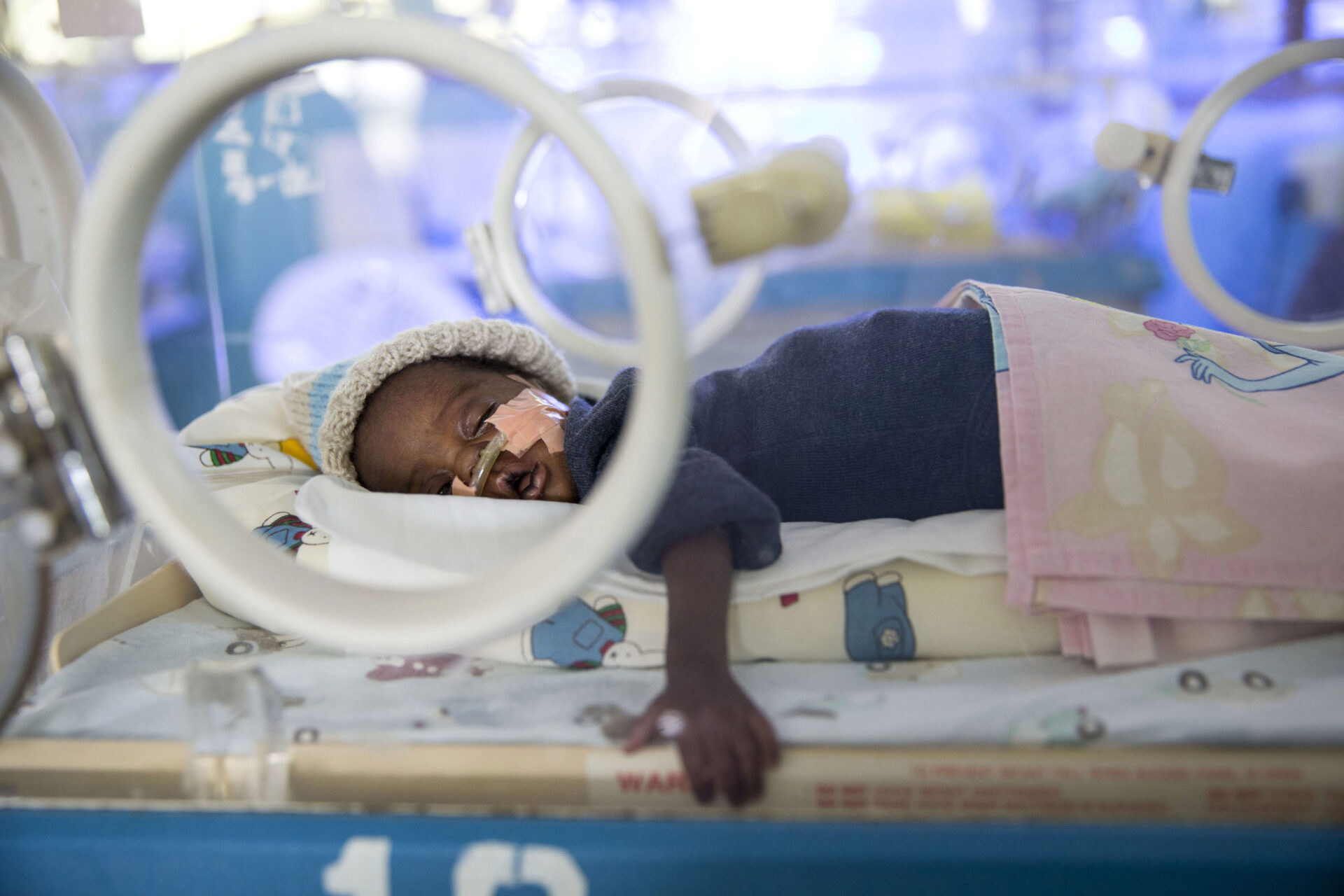Transferring a baby to the newborn intensive care unit (NICU) can be an overwhelming experience for parents. The NICU is a specialized facility that provides life-saving care for critically ill premature babies and newborns. Although difficult, there are many ways parents can actively support their child’s care during this time. This article will guide you to stay involved and help your baby thrive in the NICU.

Understanding the Neonatal Intensive Care Unit (NICU).
The Neonatal Intensive Care Unit is designed to provide critical medical care to babies who require specialized care, whether for premature delivery, congenital conditions, or other complications. There are doctors, nurses, and other professionals who ensure that babies receive the best care
Due to the unfamiliarity of medical equipment and conditions, parents can feel disconnected from caring for their baby in the NICU. But there are many ways parents can get involved and have a meaningful impact on their child’s abilities.
Let them know and ask questions
The NICU can be a daunting place with complex mechanical and medical issues. One of the most important ways you can help your child is to stay informed. Don’t hesitate to ask questions about the condition of the baby, the equipment being used, or the procedures being performed. Medical professionals understand that parents feel overwhelmed and are there to help you figure out a plan for your child.
Parents can also use reliable resources to teach themselves. This can help you better understand your child’s needs and ask more informed questions in conversations with health professionals.
Be Present and Participate in Your Baby’s Care
The physical presence of a baby in the NICU can have a profound emotional and developmental impact. Even if you can’t hold the baby right away, you can provide physical and emotional comfort. Simple gestures, such as gently holding a baby’s hand or speaking softly, can help her grow.
Once approved by the medical team, you can participate in the care of the baby. This may include:
- Kangaroo care: This type of skin care is beneficial for both parents and babies, helping to regulate the baby’s body temperature and heart rate as well as providing emotional comfort
- Feeding the baby: Depending on the baby’s condition, you may need to bottle feed, breastfeed, or give formula.
- Changing a diaper and participating in basic care: Even small tasks like changing a diaper or giving your baby a bath can make you feel connected and involved in their care.
Work closely with NICU staff
Collaborating with NICU staff can make a big difference in your baby’s experience and recovery. Health professionals often encourage parents to participate because it positively affects infant outcomes. Building strong relationships with nurses, doctors, and other caregivers to stay informed and involved in every phase of your child’s care
Establishing open communication with NICU staff also means you can express any concerns or preferences about your baby’s care. This trust and cooperation contribute to a much better NICU experience.
Take care of yourself and ask for help
While it’s natural to focus on your child’s well-being, put your own health and mental well-being first. The stress of having a baby in the NICU can be devastating for parents. Finding time to eat well, sleep and explore emotions
Many NICUs offer family support services, including counseling, parent support groups, and social workers who can help parents navigate this emotional journey. Talking to other families going through similar experiences can also be comforting.
If you feel overwhelmed, don’t hesitate to ask for help. Whether it’s from family, friends, or professional mentors, having a support system can make all the difference during this difficult time.
Donate and support the NICU community
In addition to the connection to their baby’s care, many parents feel the need to give back to the NICU community after their experience. Donations to NICU programs can help provide supplies and equipment for babies in need. These donations help fund life-saving technology, specialized training for NICU staff, and support for families.
Although charities are not directly linked to your baby’s immediate care, they play an important role in the future care of newborns. If you feel called to give back, consider donating to NICU programs or charities that support pediatric health care, just as people donate to children to support education.
Conclusion
While having a baby in a neonatal unit can be an emotional and challenging experience, parents play an important role in supporting their baby To stay informed, and attended, health staff will work closely, and attend to their own well-being important aspects of navigating the NICU
Remember that even after your time in the NICU, you can continue to make a difference by supporting NICU programs and ensuring that future babies receive the best possible care. Small acts of kindness, whether through your involvement or donations, can create a lasting impact in the lives of these fragile newborns.